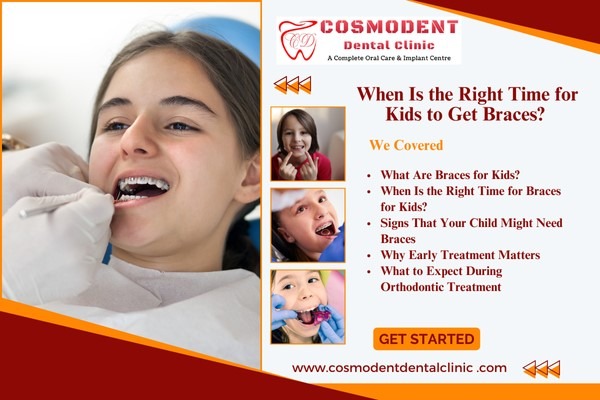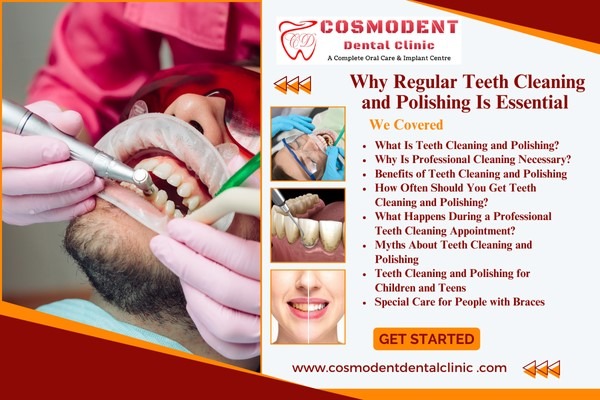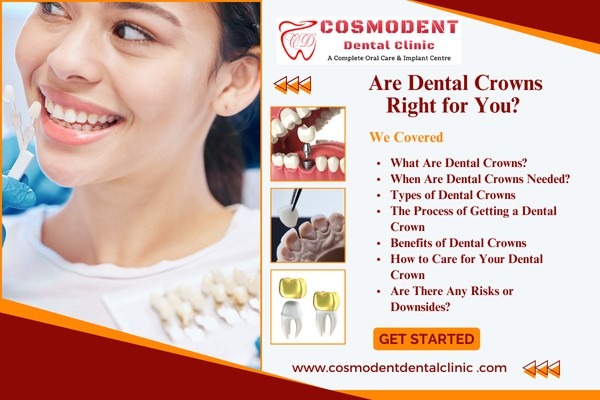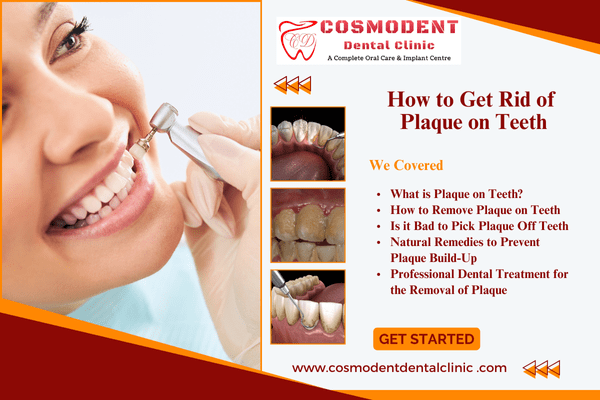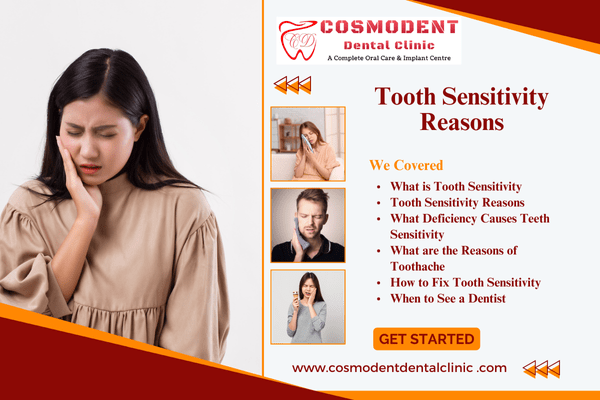Introduction:
Coffee and tea have become a necessity for many in our fast-paced world. They relax, increase energy levels and even relax during this time. However, the effect of coffee and tea on teeth is an often-overlooked aspect of oral health. Understanding this effect and learning how to maintain your oral health can help you enjoy these drinks without compromising your enjoyment.

Understanding the Effect of Coffee and Tea on Teeth
Understanding this effect of coffee and tea on teeth and learning how to maintain your oral health can help you enjoy these drinks without compromising your enjoyment. To find out the effect of coffee and tea on teeth
1. Staining and Teeth Discoloration
One effect of coffee and tea on teeth is staining. Both wines include tannins, chemicals which might be notorious for sticking to teeth and causing discoloration. Tannins are polyphenols that contribute to the drink’s rich dark color. Over time, those stains grow to be greater mentioned, causing the enamel to turn yellow or brown.
Coffee with a deeper color and higher acidity produces more beneficial impurities compared to tea. However, tea, especially black tea, can also cause discoloration, although usually to a lesser extent. Green teas with herbal flavors have lower tannins.
2. Erosion of Tooth Enamel
The acidity of both coffee and tea can contribute to enamel erosion. Enamel is a difficult protecting coating for your teeth and whilst broken, it is able to without problems lead to tooth decay and rot. Specifically, coffee has a low pH, which makes it greater acidic and doubtlessly dangerous to coffee. However, tea is generally less acidic than coffee, especially if drunk in large quantities, and can damage enamel.
3. Dry Mouth and Bacterial Develop
Effect of coffee and tea on teeth can motivate dry mouth, a condition that stops saliva loss. Saliva is crucial for neutralizing acids and washing away food debris and bacteria. Saliva loss can result in the growth of dangerous bacteria, which in flip can cause horrific breath and oral fitness issues.
How to remove tea and coffee stains from teeth?
Effect of coffee and tea on teeth makes stain on it, removing tea and coffee stains from teeth can be successfully removed out of your enamel with a combination of good oral hygiene practices and centered remedies
- Professional Cleaning: Regular brushing of teeth is important to get rid of deep stains, for those who might not have got right of entry to at-home techniques. Dentists use unique tools to ease and brighten your enamel.
- Whitening Toothpaste: Use moderate toothpaste and whitening merchandise to help lift surface stains. Make sure it carries fluoride to guard your teeth.
- Baking Soda: Baking soda and distilled water can from time to time be used to melt stains gently. Be cautious not to use an excessive amount of, as overuse can harm the tooth.
- Activated Charcoal: Brush with activated charcoal to absorb and take away surface stains. However, it ought to be used sparingly and not on an everyday basis.
- Home Whitening Kits: Over-the-counter whitening kits containing peroxide can help lighten stains. Follow the commands cautiously for safe and powerful use.
Regular brushing, flossing, and keeping off drinks that are too dirty will help you hold a robust smile.
How Can I Prevent Coffee from Damaging My Teeth?
There are a few things you need to do to maintain oral health enjoy coffee and tea:
1. Limit Consumption
The easiest way to limit the effects of coffee & tea on teeth is to limit them. Try to enjoy this drink in moderation and not throughout the day. Sipping once in residence can reduce the time your teeth are exposed to the bitterness and acidity of these drinks.
2. Use a Straw
Using a straw can reduce the use of coffee, tea and toothpaste. While this method is more effective than coffee or tea, it can still be useful. It helps remove moisture from your teeth, reducing stains and enamel damage.
3. Rinse Your Mouth
Wash your face and rinse your mouth with water after drinking coffee or tea. This makes it easier to wash away the last of the acids and tannins, reducing staining and damage to the teeth. If possible, wait at least before half an hour brushing your teeth to avoid brushing away softened enamel.
4. Maintain Good Oral Hygiene
Keeping your mouth soft Brushing your enamel twice during the day with fluoride toothpaste and flossing daily are key steps to good oral health. Brushing usually helps remove bottom layers of dust and debris, as does the fluoride punch, which softens tooth growth and protects against moisture loss.
5. Regular Dental Check-Ups
Regular dental checkups are important to maintain a healthy mouth. Your dentist can perform a few professional cleanings to remove stains and check the condition of your teeth. They can also come up with secret recipes to minimize the effects of coffee and tea on teeth.
6. Consider Alternative Options
Consider alternatives If stains are a major concern, consider switching to simple tea or herbal infusions, which do not cause discoloration. Additionally, if you’re open to it, explore tooth whitening treatments or products designed to reduce staining.
Conclusion
The effect of coffee and tea on teeth is a multifaceted issue that includes staining, loss of enamel and dry mouth. By understanding these effects and taking preventive measures, you can enjoy your favorite beverages while maintaining good oral health. Limiting food intake, using grass, cleaning your mouth, strict oral hygiene, and contact us for regular dental checkups are all effective ways to reduce risks as it is also found in coffee and tea. With these practices in place, you can savor your daily cup of coffee or tea with greater peace of mind, knowing that your smile is well-protected.


